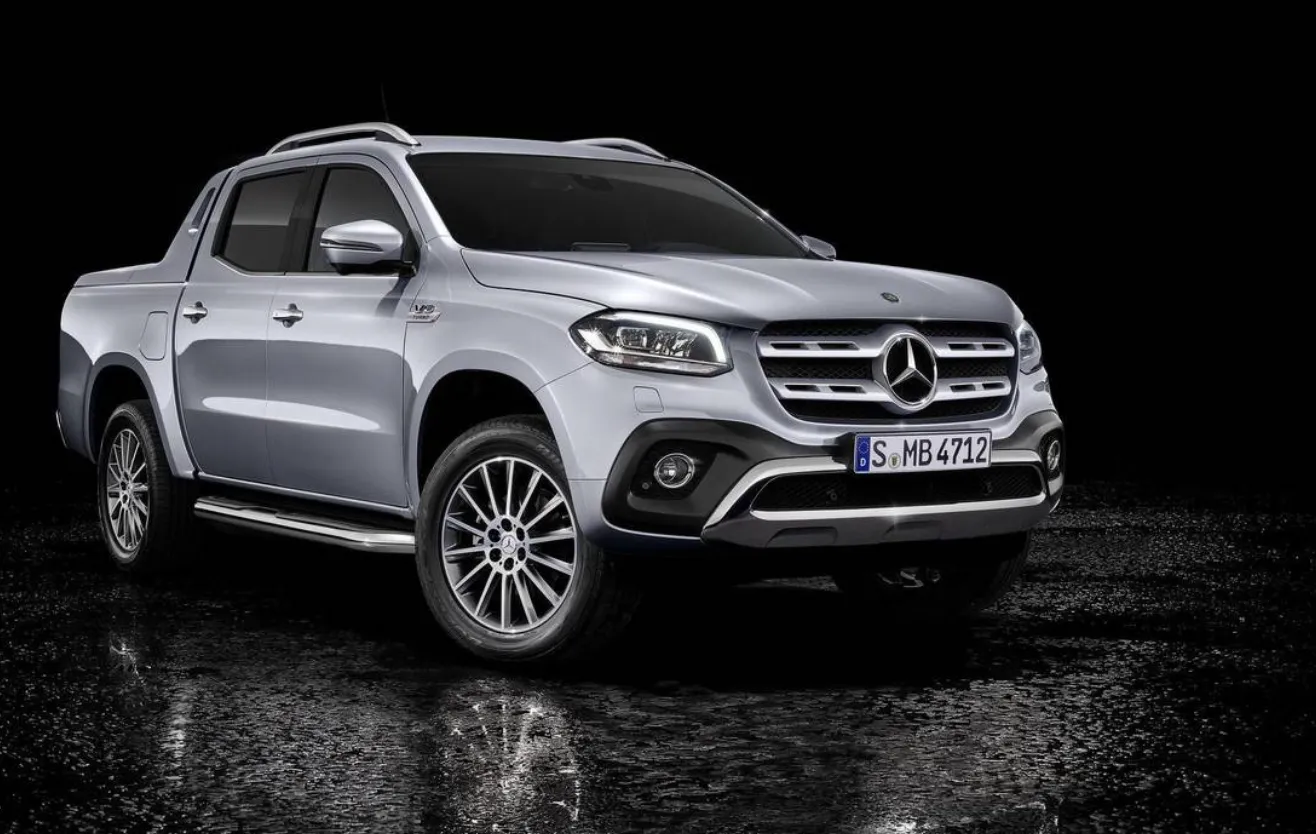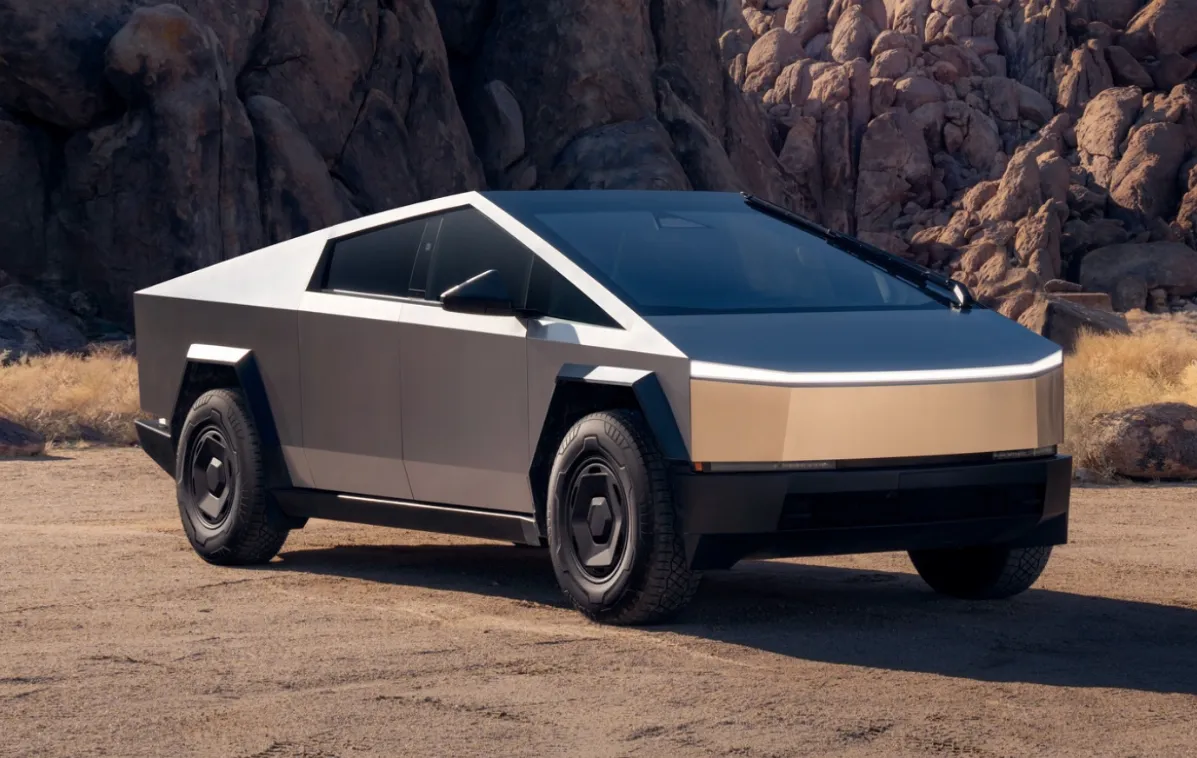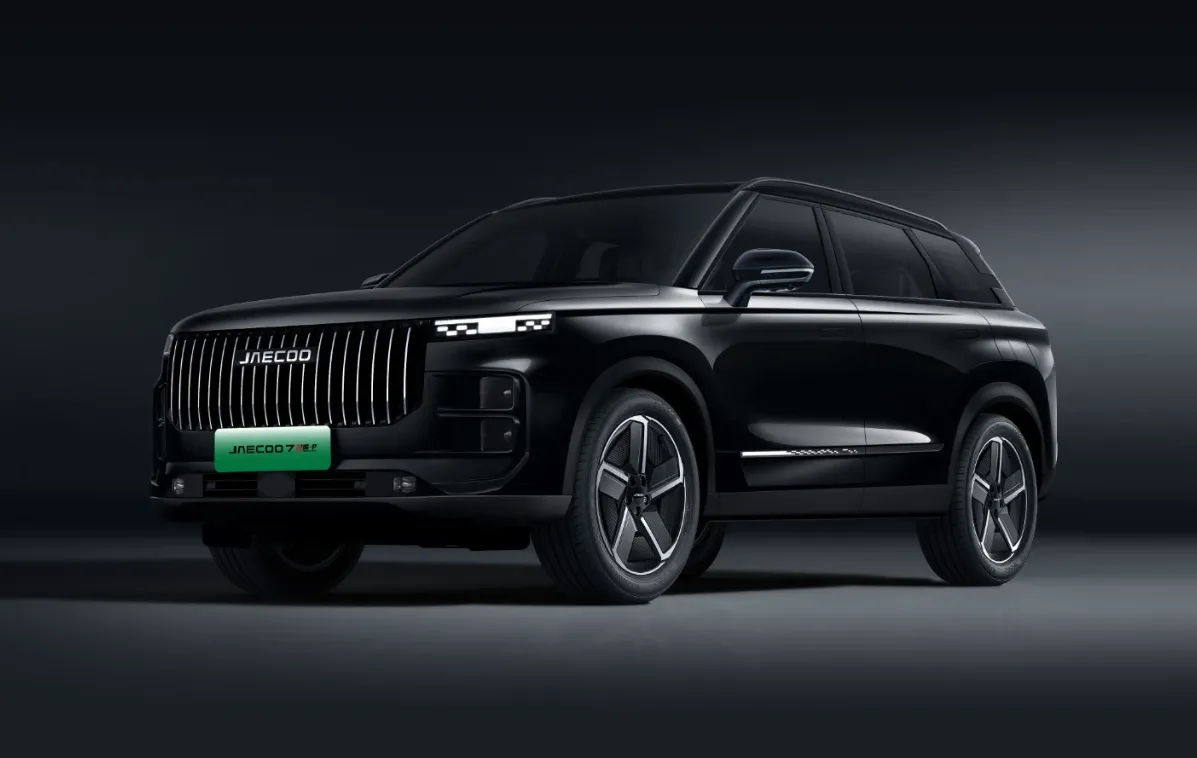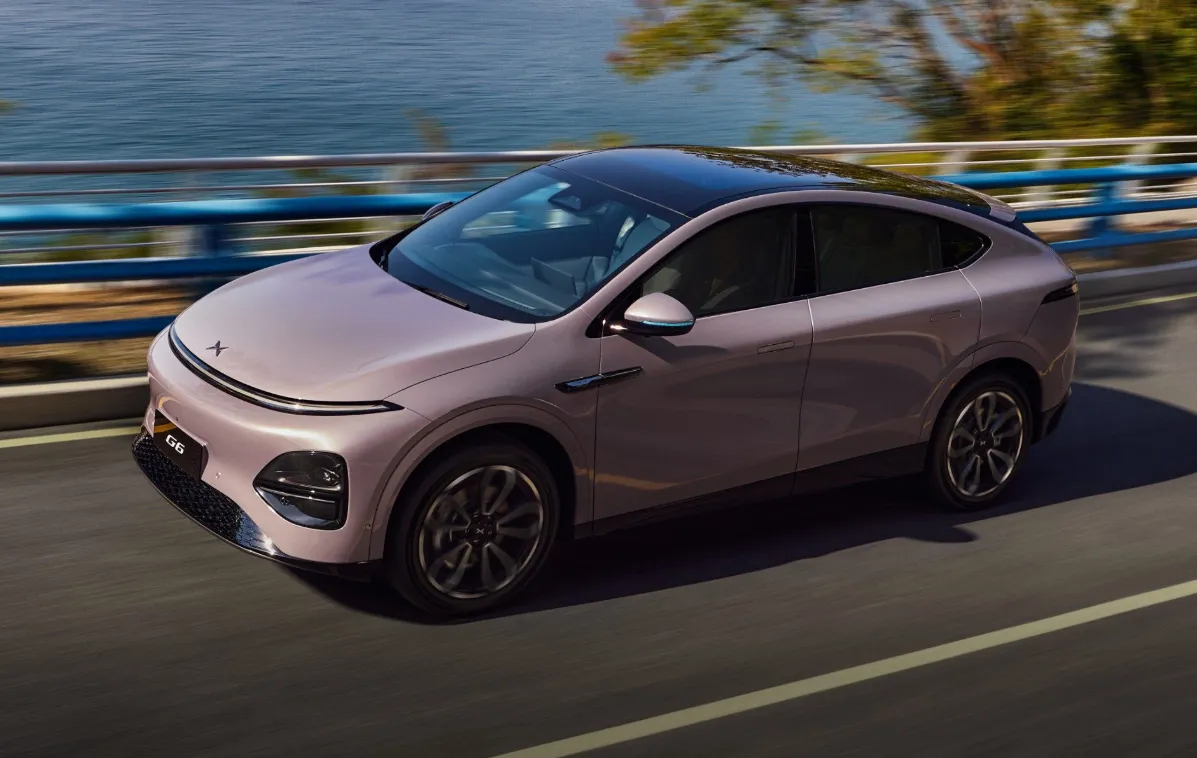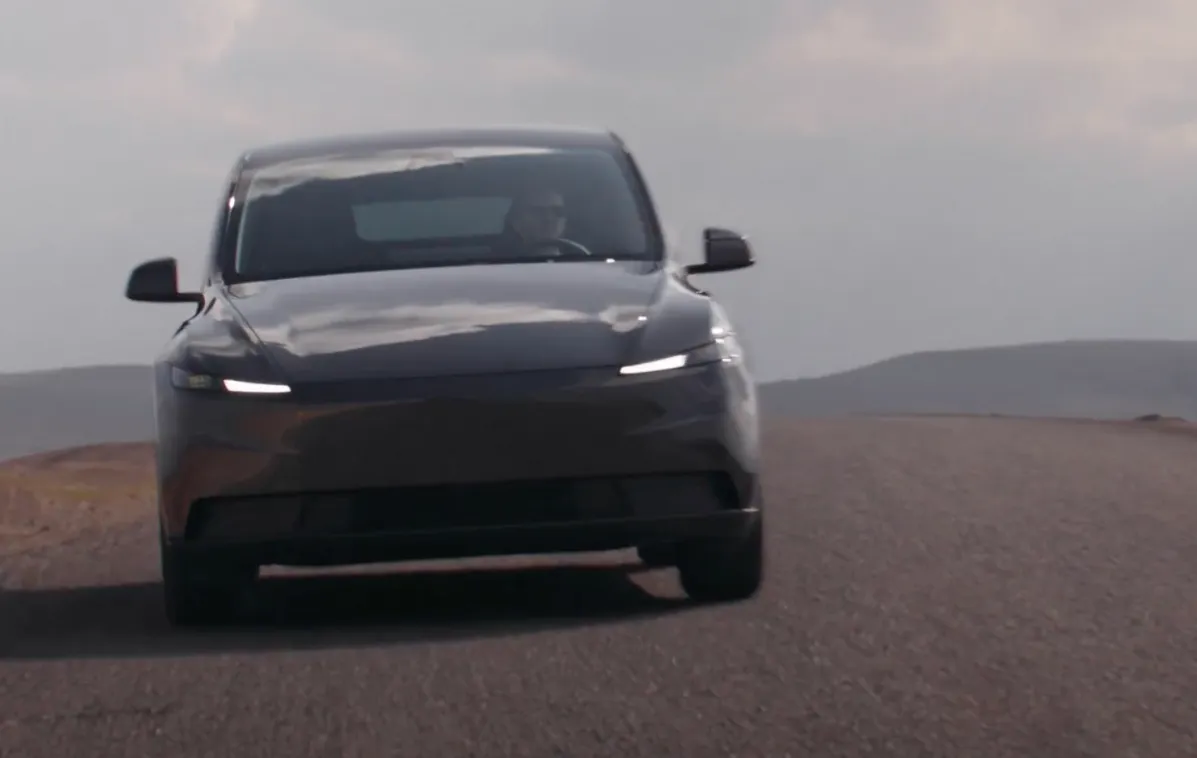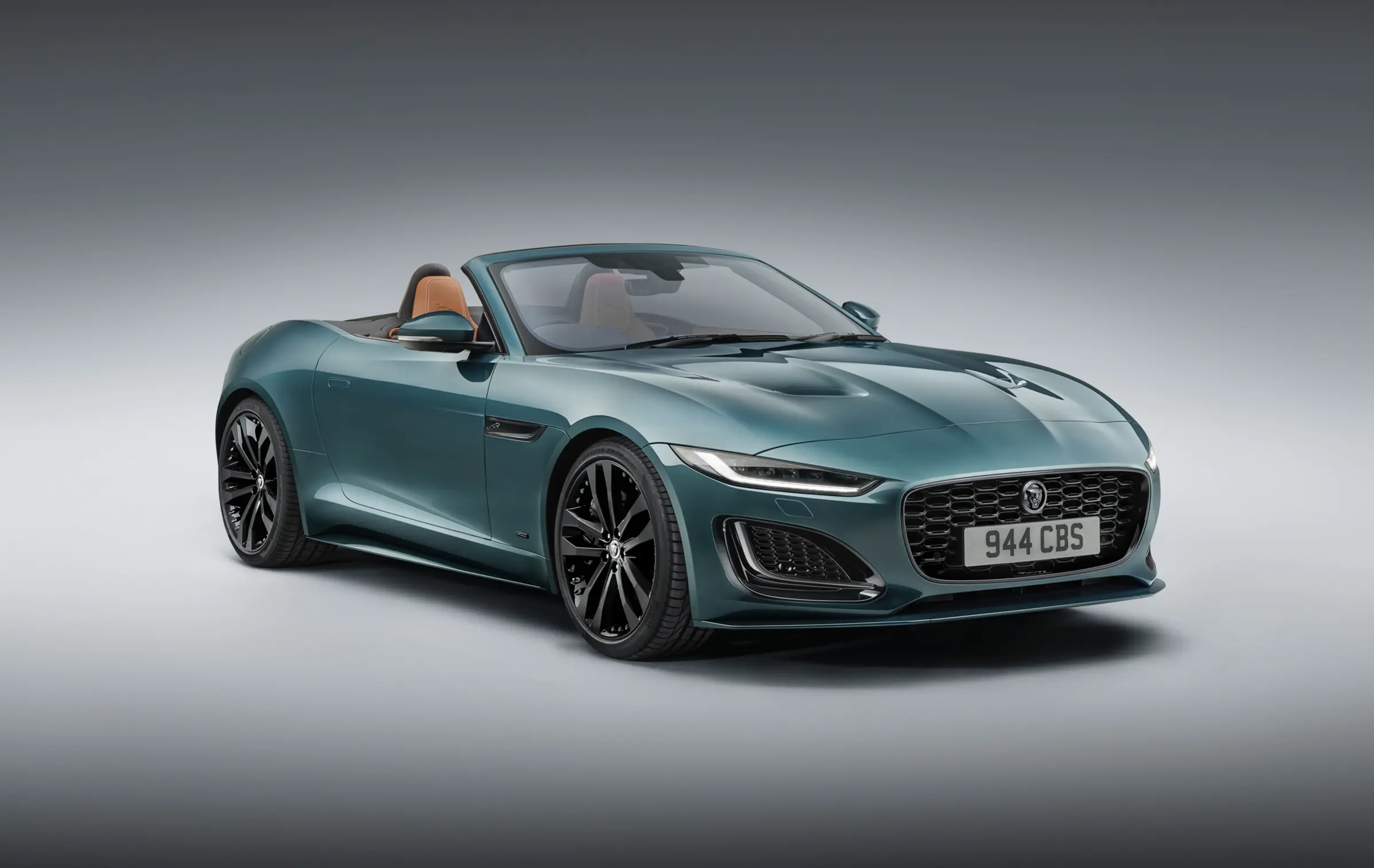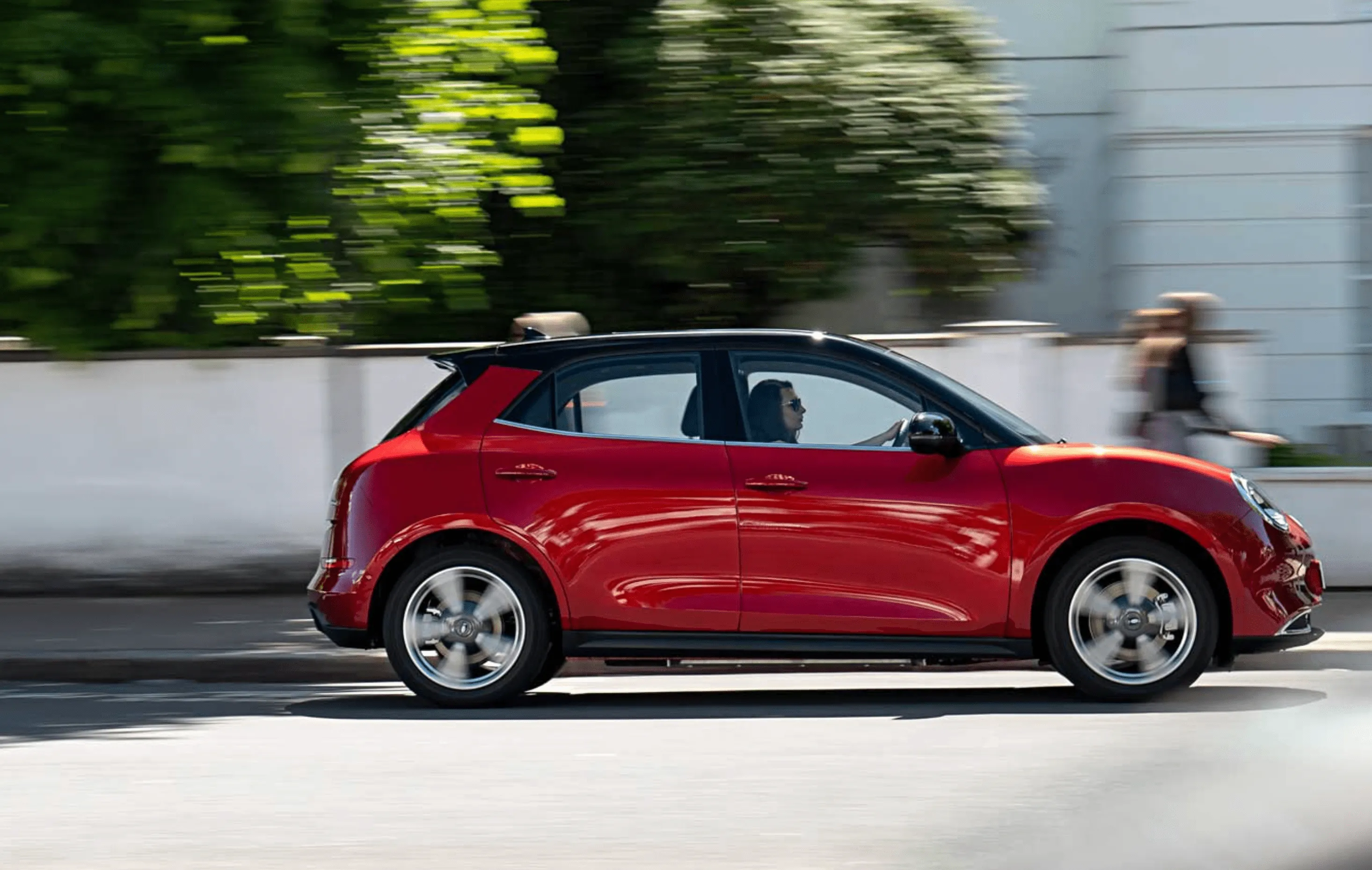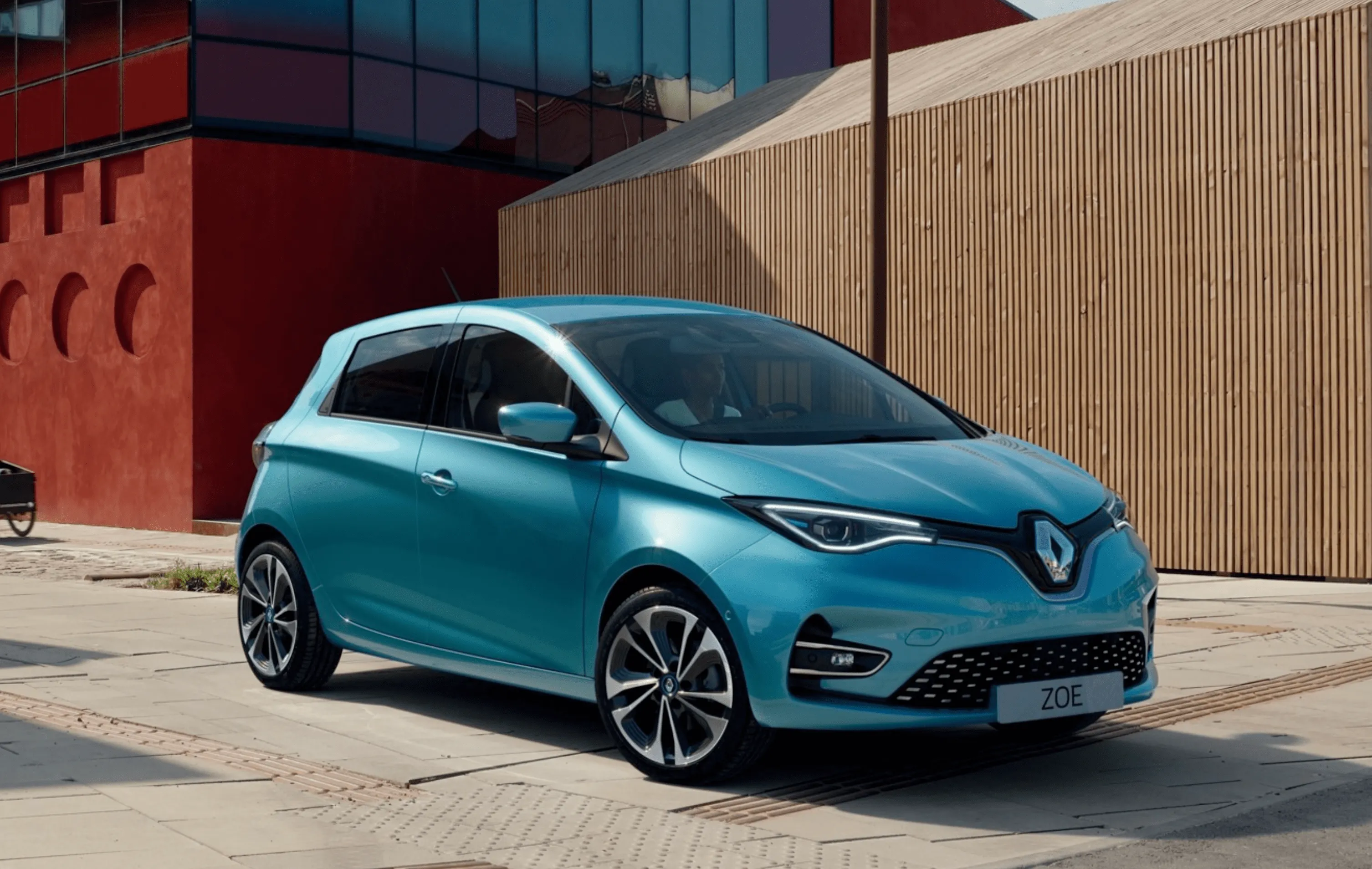This news was revealed back in February, but due to poor sales Mercedes’ first pickup truck, the X-Class will stop production in May this year and be dropped from the line up.
Mercedes, to make the cost of development less for them, parented up with the Renault–Nissan–Mitsubishi Alliance and used the existing Nissan Navara platform as a base, but didn’t leave it exactly the same. Some items were changed between the Navara and X-Class, in fact at the time of launch, Mercedes claimed that only five exterior parts are the same on both cars.
Mercedes made the front wings larger, the overhang and rear wings are larger, the doors have a different design along with many more external changes including full LED lights on the X-Class.
The engines choices in the X-Class were diesel, and some of these came from the Renault–Nissan–Mitsubishi Alliance. The turbo diesel engines are also used in the Nissan Navara, the Renault Alaskan (which is also based on the Navara) and the Mercedes X-Class.
The X-Class was offered with four different engine choices, the base X200 had a four cylinder diesel engine, with 164bhp – this one of Mercedes’ own engines. The X220d and X250d used engines from the Renault–Nissan–Mitsubishi Alliance and have been used in vehicles from the Nissan Navara and also, the Renault Master van.
The X350d had a Mercedes own diesel V6 engine, with 255bhp.
Under the skin, Mercedes changed quite a few things from the standard Navara platform, the ladder frame had to be reinforced due to the extra power from the V6 in the X350d. Also changed were the front and rear axles, the track was made wider for better cornering performance and disc brakes were fitted as standard on all four wheels. Disc brakes are commonly found on all wheels on a pick up.
On the inside a number of things were carried over from the Navara, such as the gear shifter on the automatic models, but the whole dashboard was different, with three different trims, six different seat options and even two different options for the headlining.
End of the road
Mercedes will be ending production in May 2020, due to poor sales and in the first year the car was on sale, only 16,700 were sold in Europe, Australia and South Africa. The X350d was dropped from the line on the 11th February.
“With the X-Class launch in 2017, Mercedes-Benz entered into a new segment and presented a mid-size pickup. We drew in a lot of attention with this vehicle. Already in the first quarter of 2019, we decided that the X-Class would not be built in Argentina as planned. The reason for this was, above all, that the price expectations of the Latin American customers have not been economically viable. Now it has been decided that from the end of May 2020, we will no longer produce this relatively young model.”
Mercedes-Benz
Mercedes-Benz Vans has said that, for those customers who have purchased an X-Class, warranty support and servicing will still be carried out and offered.
Original launch trailer in 2017
https://youtu.be/O19-pqiibgo

